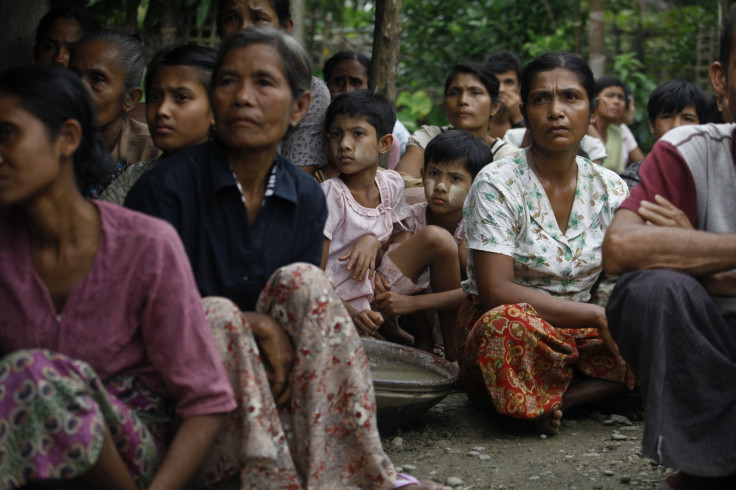Myanmar's Proactive Invitation For Foreign Direct Investment (FDI) Shadowed By Anti-Muslim Violence

The escalating religious violence in Myanmar spells trouble for the nation’s much-anticipated economic and political reform. Sectarian tensions in the predominantly Buddhist Southeast Asian nation flared most recently in the western city of Thandwe, where at least five Muslims were killed by Buddhist mobs and many homes were burned.
The ongoing unrest here and elsewhere in the country has far-reaching consequences. In addition to halting local commercial activities, sectarian violence causes severe damage to Myanmar’s reputation globally, which the nation can ill afford as it tries to recover from decades of military rule and attract foreign investment.
In Thandwe, reports emerged of a 94-year-old Muslim woman being stabbed to death and as many as 70 homes being torched by mobs, the Myanmar Times reported Tuesday. An estimated 300 terrified residents of the city have fled since Sunday.
“The continued sectarian violence targeting predominantly Muslims in Myanmar derives from economic, political, sociological underpinnings,” said Christian Lewis, Southeast Asian expert for the Eurasia Group, an economic and political risk consultancy, in an email to International Business Times. “These conflicts are very unlikely to be resolved in the foreseeable future, particularly in areas with high or concentrated populations of Muslims, such as Rakhine State and some of the main commercial corridors through Bago Division and Mandalay Division.”
“The persistence of strife between different ethnic and religious group makes it difficult to pinpoint precisely where each incident will occur,” Lewis added, speaking to the complexity of such conflicts. “The wider availability of social media in these states and divisions means that any one incident can quickly escalate into a broader geographic problem, as has happened during two major waves of violence already.”
Continuing violence, in addition to the horrors inflicted upon Muslim victims, is also detrimental to the image Myanmar hopes to project internationally as a growing democracy that welcomes foreign investors. Even though the nation has received an unprecedented amount of foreign investment this year, many foreign companies are still skeptical of Myanmar’s social and political stability, and are taking the “wait-and-see” approach to possible ventures there.
“The reputational damage done to Myanmar as a physically secure investment frontier is severe, even more so as companies begin to look beyond comparatively placid commercial hubs like Yangon to set up a physical presence,” Lewis said.
Part of the problem is the government’s inexperience in dealing with regional and sectarian conflicts, which is where foreign entities can be of assistance in bringing relevant Myanmar government agencies up to speed in the short term, while broader efforts to ease socioeconomic and political tensions will take much longer.
“International training for Myanmar’s security forces will have a positive effect here,” Lewis told IBTimes. “Pledges have been made bilaterally with several EU countries, as well as with international nongovernmental organizations like the International Committee for the Red Cross and Interpol, to standardize response techniques and professionalize the force.”
© Copyright IBTimes 2024. All rights reserved.





















